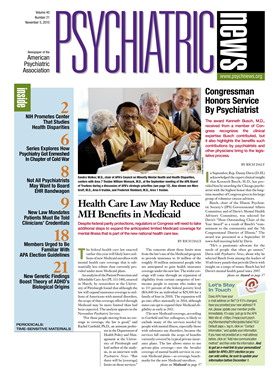The Arkansas Supreme Court has struck down a seven-year-old policy by the state's largest hospital group to deny clinical privileges or employment to physicians who hold ownership stakes in competing facilities.
The “economic credentialing” policy of Baptist Health in Little Rock interferes with the doctor-patient relationship, the justices found in their September 30 decision in Baptist Health v. Bruse Murphy, et al.
“. . . Baptist knew the [physicians] had long-term relationships with its patients and that those relationships would be disrupted by the Policy,” the court ruling stated.
The decision also struck down the hospital chain's policy of dropping clinicians' privileges if their family members had investments in a competing hospital or health system. The hospital policy's definition of “family” included, in addition to immediate relatives, brothers-in-law, sisters-in-law, spouses of grandparents, and spouses of grandchildren.
The lawsuit was brought by a group of staff cardiologists at the six-hospital Baptist Health system after it adopted the exclusionary policy in 2003 and refused to renew their contracts because they had ownership stakes in another hospital.
Lawyers for the physicians told local media that this was the first case in which the only issue was the policy of economic credentialing and whether it interfered with the patient-physician relationship, which could give it national prominence if similar cases arise.
The court's decision upheld a lower court ruling against the hospital system last year.
The physician plaintiffs were joined in their suit by the Arkansas Medical Society and the Litigation Center of the American Medical Association.
“This policy allowed the hospital system to interfere in the patient-physician relationship by denying hospital-admitting privileges to medical staff members based on financial concerns,” said AMA President Cecil Wilson, M.D., in a written statement. “Patients benefit when physicians have admitting privileges at multiple health care facilities.”
If physicians have admitting privileges at multiple facilities, Wilson said, then patients who require hospitalization or outpatient surgery can choose a facility that best suits their needs based on costs, quality, or convenience.
Wilson said that the primary factor in credentialing physicians should be competency, not economic factors unrelated to quality.
